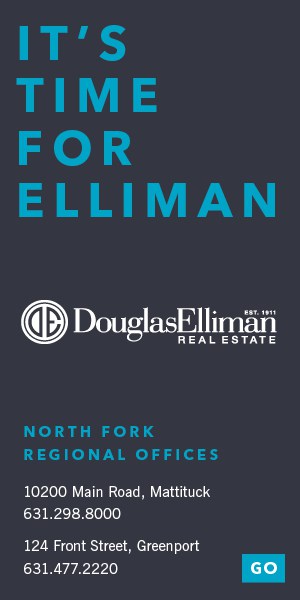A couple of years ago a pair of greedy renters bypassed the agent who had shown them several high-end rental properties in East Hampton. Leaving a letter under the door of the landlord whose house they liked, they sat back and waited to strike a deal directly. But instead of replying, the landlord leaked the letters on the Internet and the pair (a lawyer and banker) were outed as the sleazebags they were.
We’re not saying that if you bypass a real estate agent you’ll rot in hell or be publicly humiliated. But you will probably be doing yourself a disservice. “The bottom line is that the right broker saves buyers and sellers time, energy, money and emotional distress,” according to Judi Desiderio, CEO of Town and Country Real Estate.
Who knew that real estate closings are considered one of the top 10 most stressful events in one’s lifetime? “A professional helps navigate through the stressful process,” says Desiderio. Besides providing in-depth market knowledge of the area, realtors can provide a seller with information such as a Current Market Analysis (CMA), a customized report that shows you comparables in your area to help you price your property correctly. For a buyer an experienced agent “really knows the inventory,” according to Jill Dunbar, an agent at Daniel Gale Sotheby’s in Greenport. And for both buyer and seller an agent can provide them with the negotiating skills of a seasoned diplomat.
But mostly agents can wade through all the boring but essential details. As a seller, have you looked into whether you need an elevation certificate or, perhaps, an updated C of O? An agent offers expertise in such matters. “A broker has to be up to date, aware and knowledgeable,” says Dunbar. “It’s like going to a doctor — I can tell you what your symptom is and how to treat it.”
For buyers one of a broker’s most important functions is to “guide them through the issues,” according to Gary DePersia, one of the top agents at The Corcoran Group. A good agent keeps up with latest insurance or FEMA regulations, and of course, zoning restrictions. He hypothesizes that a customer looking north of the highway might assume that a two-acre lot is sufficient to build a tennis court. It might not be. He goes on to cite other potential surprises such as water setbacks, height restrictions, issues surrounding front yards on corner properties, and how to utilize a garage to maximize square footage.
For sellers, DePersia has developed a questionnaire with dozens of questions that enables his team to know the property intimately including whether the water is public or well, who manufactured the windows, and the location of the septic system, a fact that will help buyers interested in expanding the house — essential info that he can then fold into his brochures and ads.
With buyers able to access information online, increasingly more feel they can broker their own deals. “There’s a tendency today for buyers to call just the listing broker,” he said, explaining that the assumption is a broker getting both a listing and selling fee will be amenable to cutting his commission. But, he counters, a customer working with one broker, rather than several listing brokers, “can build a continuity of experience. We can start to narrow down properties that could work and stop them wasting a lot of time by calling on properties that may not be right.”
Desiderio sums it up. “You can buy stocks directly, I don’t. You can do your own accounting, I don’t. You can choose to do just about anything yourself, but is that the best use of your time and is the outcome equally as favorable?”








